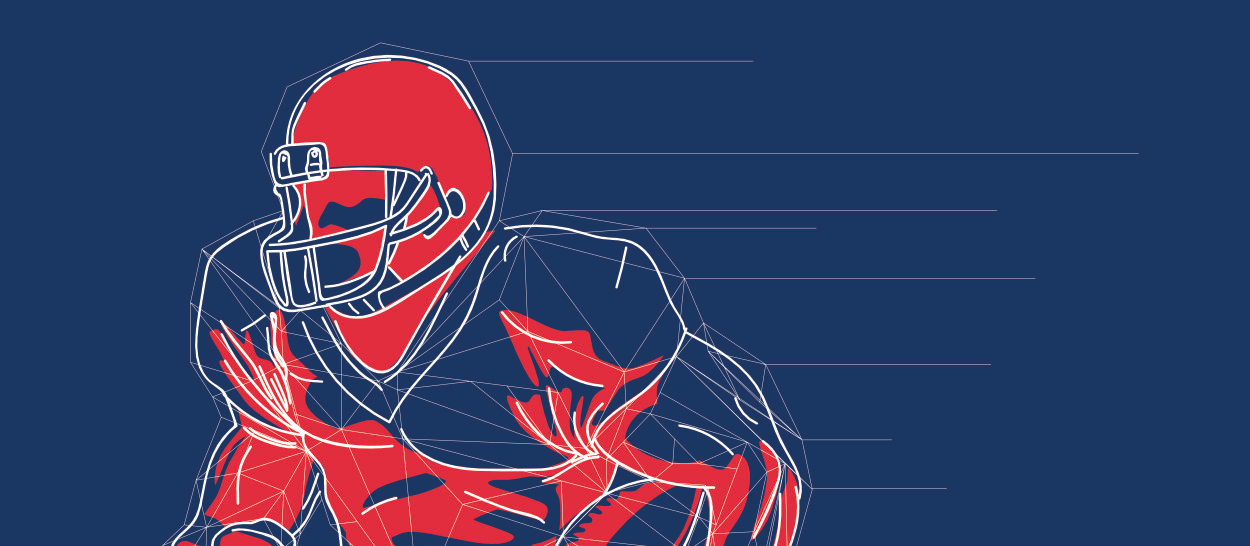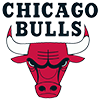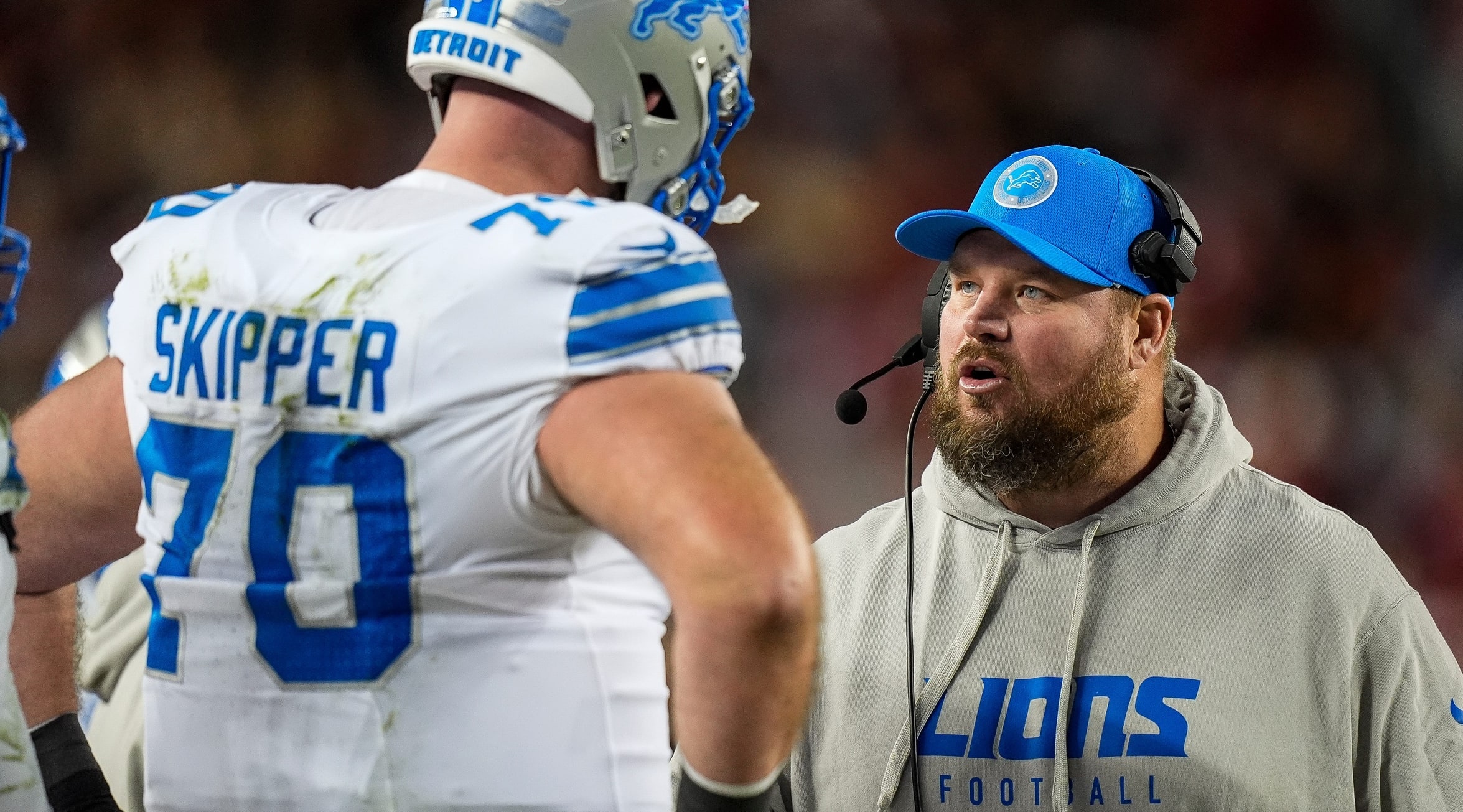Philip Rivers and Regression Toward the Mean
Philip Rivers completed just 62.9 percent of his passes in 2011, totaling 27 touchdowns and only 7.95 yards-per-attempt - his worst marks in all three categories since 2007. He also got picked off a career-high 20 times.
While some might look at this as a red flag, I see it as value - at least if his current seventh-round average draft position is any indication. The quarterback with four straight seasons of 4,000 yards is being left in the cold. So why would I target a quarterback who is coming off of one of the worst seasons of his career and just lost his top receiver? Because his perceived worth is at its pit.
As fantasy owners, we seek value by "buying low" on players whose actual value exceeds their perceived worth. It's difficult to stock a team with players coming off of down years, but those are the guys whose production is likely to strongly "regress toward the mean."
I wrote about regression toward the mean in my book Fantasy Football for Smart People:
Walk into any casino in America and you will see lines of hopeful grandmothers lining up behind slot machines that haven't paid recently. Since the machines pay a specific average of money over the course of their lives and these numbers always even out over the long run, surely an underperforming slot machine must be due to pay out soon, right?
This is one of the biggest misconceptions
Philip Rivers and Regression Toward the Mean
Philip Rivers completed just 62.9 percent of his passes in 2011, totaling 27 touchdowns and only 7.95 yards-per-attempt - his worst marks in all three categories since 2007. He also got picked off a career-high 20 times.
While some might look at this as a red flag, I see it as value - at least if his current seventh-round average draft position is any indication. The quarterback with four straight seasons of 4,000 yards is being left in the cold. So why would I target a quarterback who is coming off of one of the worst seasons of his career and just lost his top receiver? Because his perceived worth is at its pit.
As fantasy owners, we seek value by "buying low" on players whose actual value exceeds their perceived worth. It's difficult to stock a team with players coming off of down years, but those are the guys whose production is likely to strongly "regress toward the mean."
I wrote about regression toward the mean in my book Fantasy Football for Smart People:
Walk into any casino in America and you will see lines of hopeful grandmothers lining up behind slot machines that haven't paid recently. Since the machines pay a specific average of money over the course of their lives and these numbers always even out over the long run, surely an underperforming slot machine must be due to pay out soon, right?
This is one of the biggest misconceptions regarding statistics and regression, and it is the cause of millions of lost dollars each year. In a set of random data, previous occurrences have absolutely no effect on future events. If you flip a coin right now and it lands on heads, the chance it lands on heads again on your next flip is still 50 percent.
Similarly, if the overall payout rate of a slot machine is 40 percent, the most likely outcome of placing $1,000 into it is walking away with $400. You could walk away big or you (theoretically) could lose every penny, but the most probable single dollar amount you could "win" is $400. So when the previous 100 pulls of the lever are fruitless, the payout "improvement" that is likely to take place over the next 100 pulls isn't because the machine is "due," but rather it is simply working as normal. This is regression toward the mean.
While football isn't completely random, player statistics are more susceptible to fluctuations than you might realize. Your job as a fantasy owner is to determine which aspects of a player's stats were due to skill, team strength, and other repeatable factors, and which were the result of simple randomness, and thus likely to regress to the mean.
Looking at Rivers, I see a player with years of consistent performance. In the three seasons prior to 2011, Rivers averaged 4,324 yards, 31 touchdowns and 11 interceptions per season. So was his precipitous decline in 2011 really due to something that will repeat itself in 2012? Are those outlying numbers in completion percentage, YPA, and interceptions really representative of Rivers' true value, or will they regress upward, closer to what the average Rivers season has looked like over the past half-decade?
There's historical evidence that players with notably poor (or outstanding) performances in one year tend to improve (or worsen) significantly in the subsequent season. Fitting with the theme of this article, I tracked all quarterbacks who posted 8.0 YPA or greater on 250-plus attempts in the 10-year period from 2001-2010. Interestingly, Rivers owns three of the top 10 seasons over that time.
Of the 28 instances of a quarterback topping the 8.0 YPA mark, only five times did the quarterback improve upon his YPA in the following season. That's 17.9 percent. Further, quarterbacks saw an average decline of 0.7 yards-per-attempt.
Would we say that quarterbacks coming off of excellent seasons get worse in the offseason? Of course not; their successful seasons were necessarily the result of a lot of things going right. Following a season of unusually good luck, chances are a player will experience a lesser degree of luck in the future. That has nothing to do with the previous good fortune; he simply was (and is) never very likely to see so much good luck in the first place.
Ultimately, I think the major issue at hand is the mistaken belief that a player is as good (or bad) as the stats he records. Rather, each NFL player can post a wide range of numbers in any given year, and lots of random factors, such as injuries, illness, opponents and even life at home can alter the results.
If you can identify players that performed near the bottom of their ranges in 2011, you can attain great value in 2012.
Jonathan Bales is the author of Fantasy Football for Smart People: How to Dominate Your Draft. He also runs the "Running the Numbers" blog at DallasCowboys.com and writes for the New York Times.



























